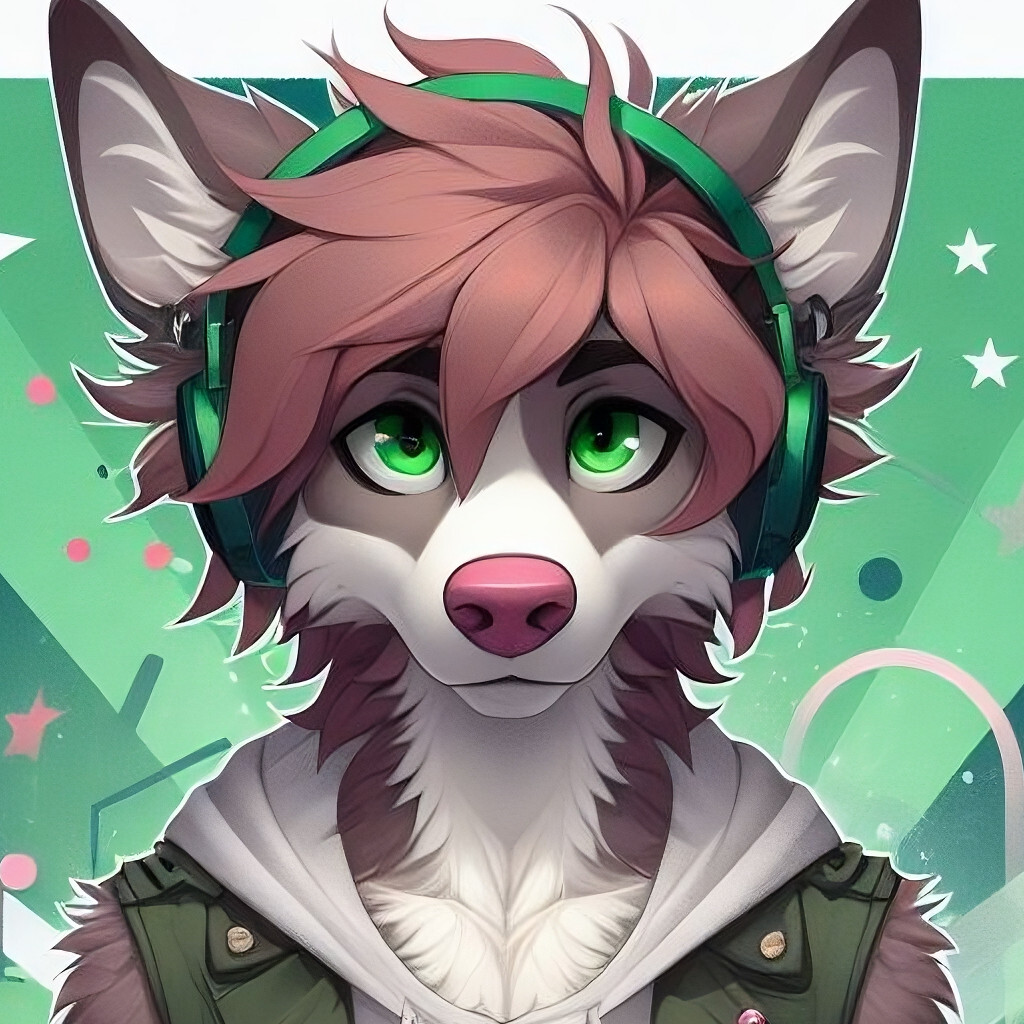https://www.youtube.com/@Brackeys/about
Text version, thanks to @CorneliusTalmadge@lemmy.world:
Image Text
BRACKEYS
Hello everyone!
It’s been a while. I hope you are all well.
Unity has recently taken some actions to change their pricing policy that I - like most of the community - do not condone in any way.
I have been using Unity for more than 10 years and the product has been very important to me. However, Unity is a public company. Unfortunately that means that it has to serve shareholder interests. Sometimes those interests align with what is best for the developers and sometimes they do not. While this has been the case for a while, these recent developments have made it increasingly clear.
Unity has pulled back on the first version of their new pricing policy and made some changes to make it less harmful to small studios, but it is important to remember that the realities of a public company are not going to change.
Luckily, there are other ways of structuring the development of software. Instead of a company owning and controlling software with a private code base, software can be open source (with a public code base that anyone can contribute to) and publicly owned. Blender - a stable 3D modelling software in the game dev community - is free and open source. In fact some of the largest and most advanced software in the world is built on top of open source technology like Linux.
The purpose of this post is not to denounce Unity because of a misstep, to criticise any of its employees or to tell anyone to “jump ship”. Instead I want to highlight the systematic issue of organizing large software projects under a public company and to let you know that there are alternatives.
I believe that the way to a stronger and more healthy game dev community is through software created by the community for the community. Software that is open source, democratically owned and community funded.
Many of you have been asking for us to produce new tutorial series on alternative engines such as Godot, which is currently the most advanced open source and community funded game engine. I don’t know yet if this is something that we can realise and when.
I can only say that I have started learning Godot.
Best of luck to all of you with your games, no matter what engine they might be built on!
Sincerely,
Asbjern Thirslund - Brackeys
Good old Brackeys, his videos helped me so much back when I was using Unity. I’m checking out Godot atm for fun (started way before the current Unity debacle, it was apperent that they don’t care about what’s good for game-devs when they started buying spyware companies) and it looks pretty good, obviously it suffers from not having thousands of people doing assets and tutorials for it but if the enshittification of Unity continues (which it will) this will hopefully change to the better even more.
Couldn’t have said it better myself
Couldn’t have commented better myself /s
These companies are anything but “public”. Just because they go on the stock market, doesn’t change their primary interests: money.
Just because they go on the stock market
Yes, that’s the widely accepted definition of a public company
Completely missed the point I was making, but okay. Thanks.
A public company means that the stocks can be freely traded on a stock market. This is opposed to a private company where the stocks are traded in private transactions. Because investors want the value of their assets (their stocks) to go up (so they can resell them for a higher value), the company has to keep increasing it’s revenue






